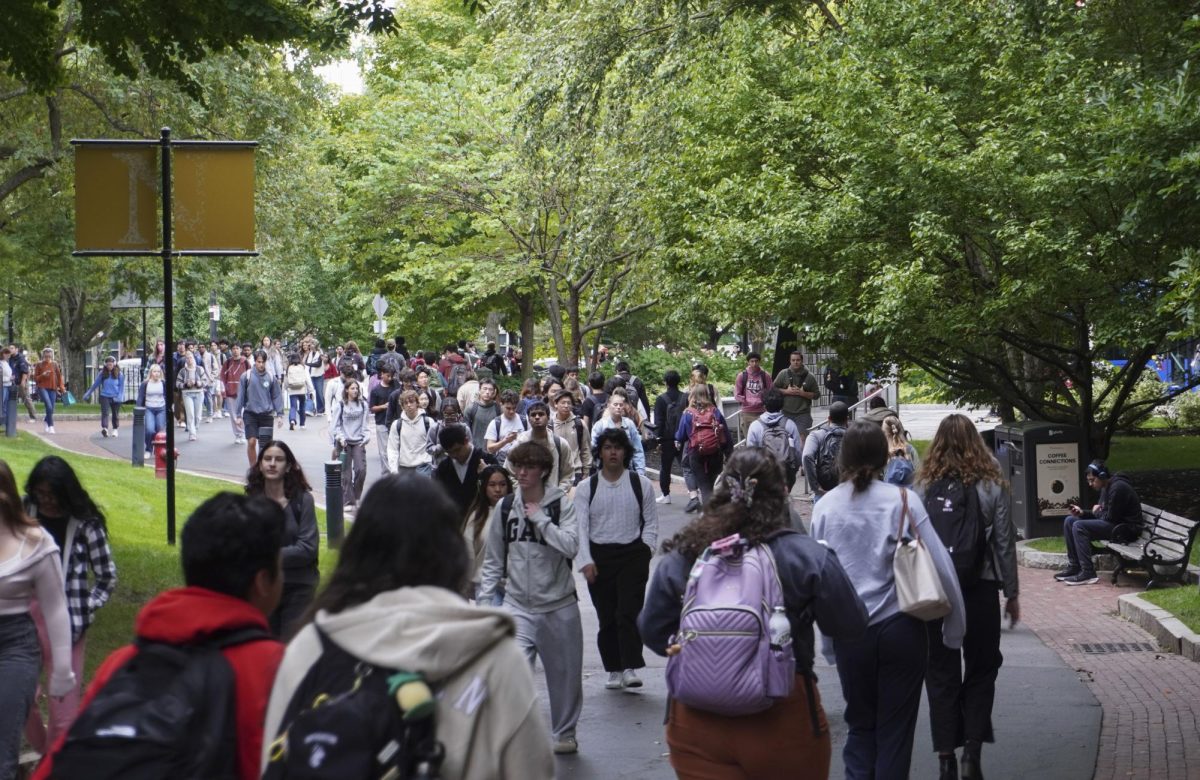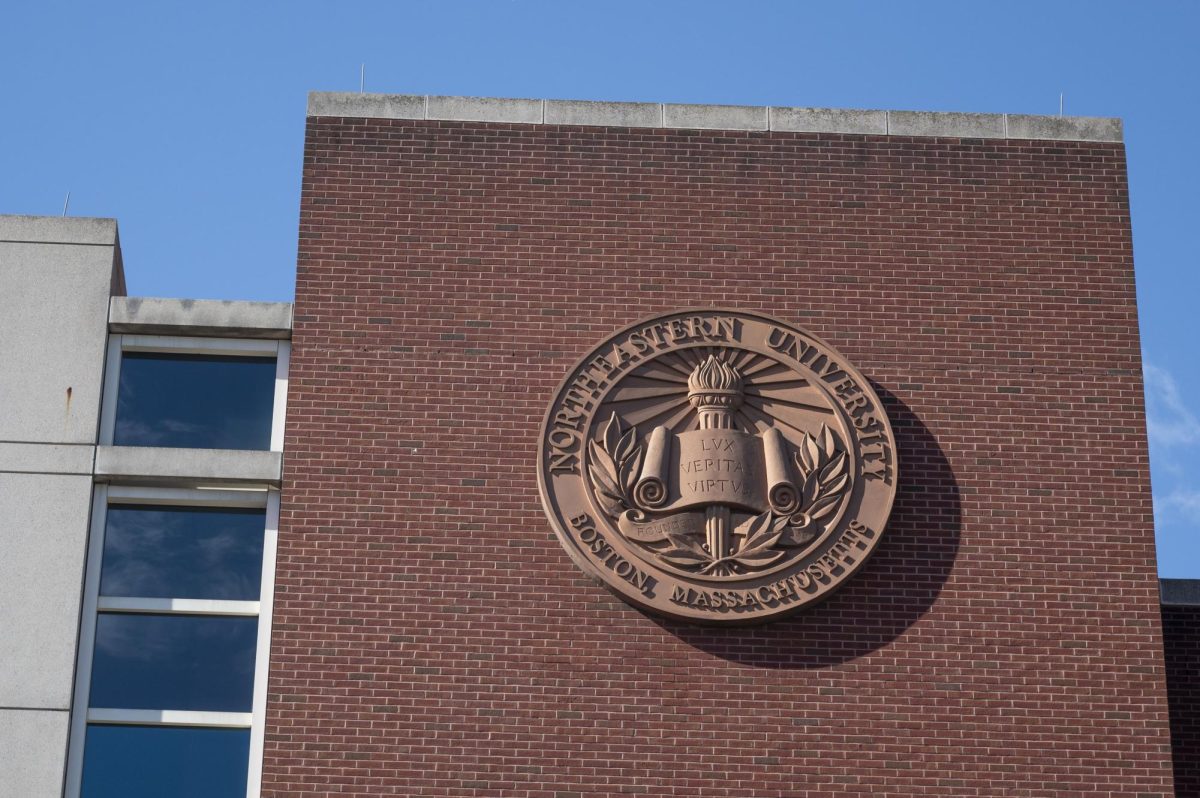By Justin Arnold
Several passionate students and activists spoke vehemently before a crowd of more than 50 people against war in Iraq on Monday night.
The student group Northeastern University Campus Against War and Racism hosted a teach-in which featured a panel of anti-war activists who spoke to students and members of the community. The featured speaker of the event was George Capaccio, an activist who heads a group that works to relieve poverty in Iraq. The other panelists were Ashley Smith, a socialist and activist from Vermont, and Northeastern student Mohammud Junaid Alum.
The theme of the event was that war in Iraq will be devastating, and that students need to organize in order to stop a war.
Smith was the first speaker of the night, and the most intense. He spoke about what he believes to be the real reasons the Bush Administration is considering war with Iraq. He believes if the U.S. goes to war, it will be a colonial invasion of Iraq to obtain more oil and punish them for not obeying the United States.
Smith also had many negative things to say about U.S. Policy and President George W. Bush.
“A common theory is that Bush is insane and stupid, and this has a lot of merit,” Smith said.
He further speculated that the administration had previously planned to invade Afghanistan, Iraq and other countries before September 11. The attacks, he claimed, just gave them a “smoke screen” to invade.
Alum, who is a sophomore political science major, was the next presenter. He began with what he called “hybrid rap poetry pieces.” These were rhyming lyrics that covered his views on U.S. foreign policy and other matters related to war. He detailed what he called racist and discriminatory policies in the war on terrorism. He also had a low opinion of the President saying we have “gangsters running the country.”
Capaccio, a storyteller and writer, was the featured speaker of the evening. He took a different tactic than the previous presenters and gave a calm and reasoned view of the effects United Nations sanctions are having on Iraqi citizens.
Having visited Iraq on eight separate occasions, he gave a firsthand account of the conditions in the Middle East. He also gave a detailed account of the standard of living in Iraq and how it was approaching the status of a first world country









